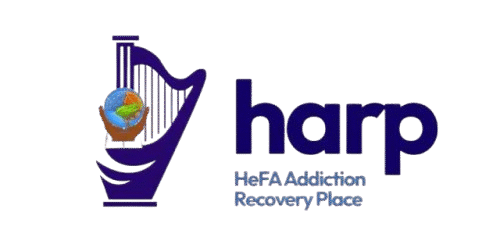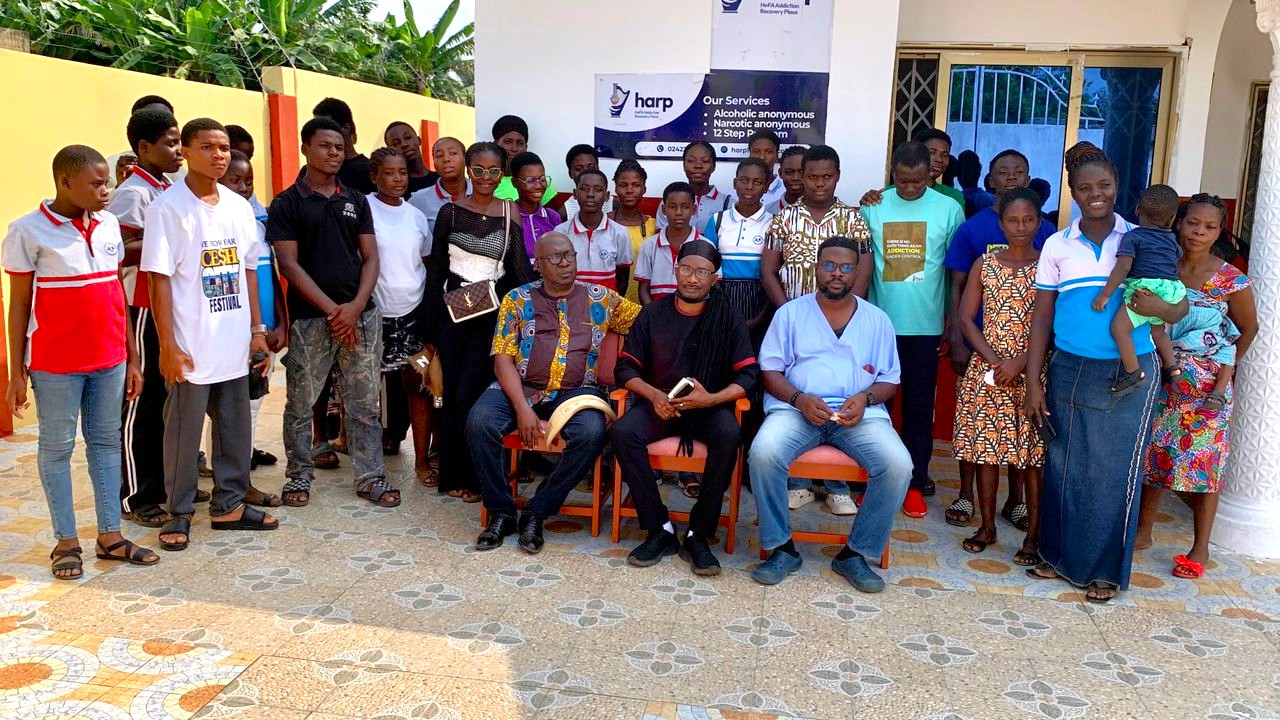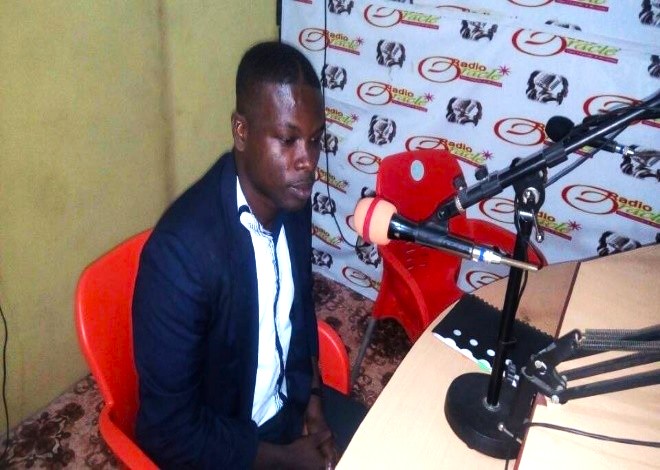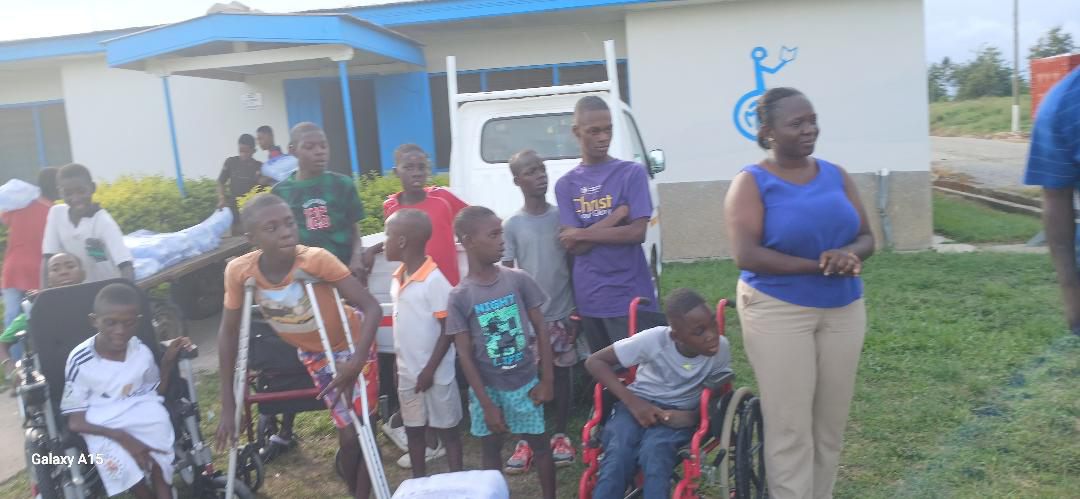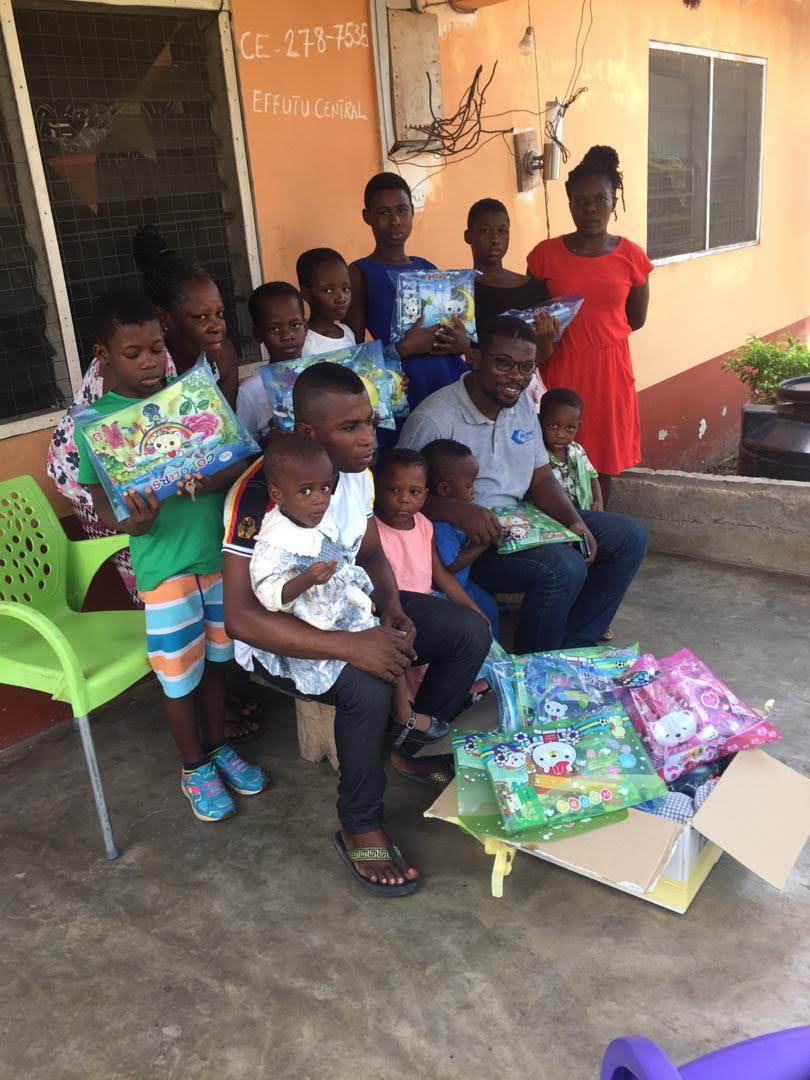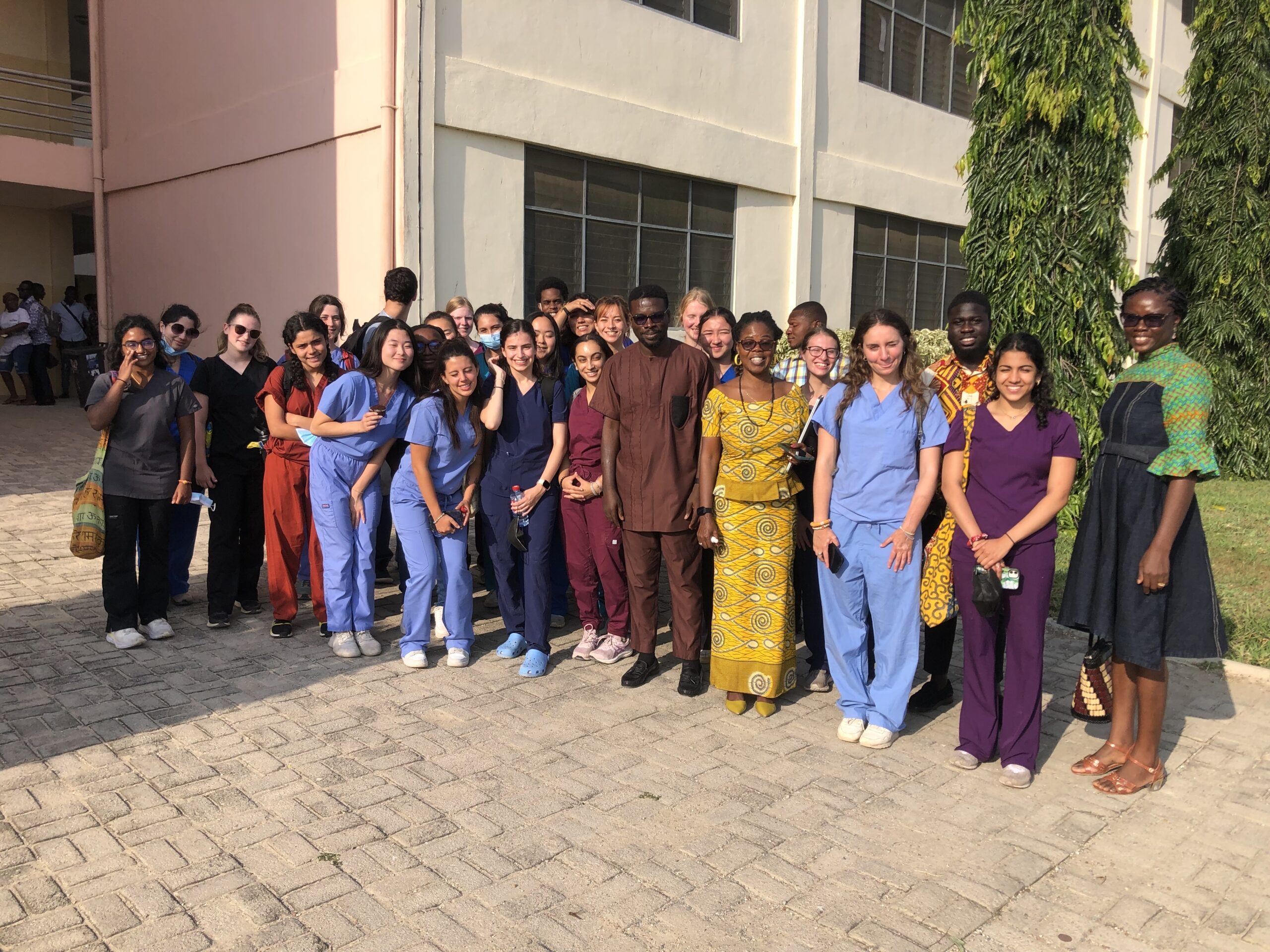The Hope Project represents HARP's most ambitious community outreach initiative, designed to reach every corner of Ghanaian society with life-saving education about addiction, mental health, and the transformative power of recovery. This comprehensive 3-month campaign combines traditional outreach methods with innovative community engagement strategies to break down barriers, challenge stigma, and provide hope to those who need it most.
Our mission through The Hope Project extends beyond simple awareness - we aim to create lasting behavioral change, build support networks, and establish sustainable pathways to recovery that will continue long after the project concludes. Every interaction is an opportunity to plant seeds of hope, provide practical resources, and demonstrate that recovery is not only possible but achievable for everyone.
This groundbreaking initiative represents the convergence of clinical expertise, community wisdom, and grassroots advocacy, creating a powerful force for positive transformation across Ghana's diverse communities.
